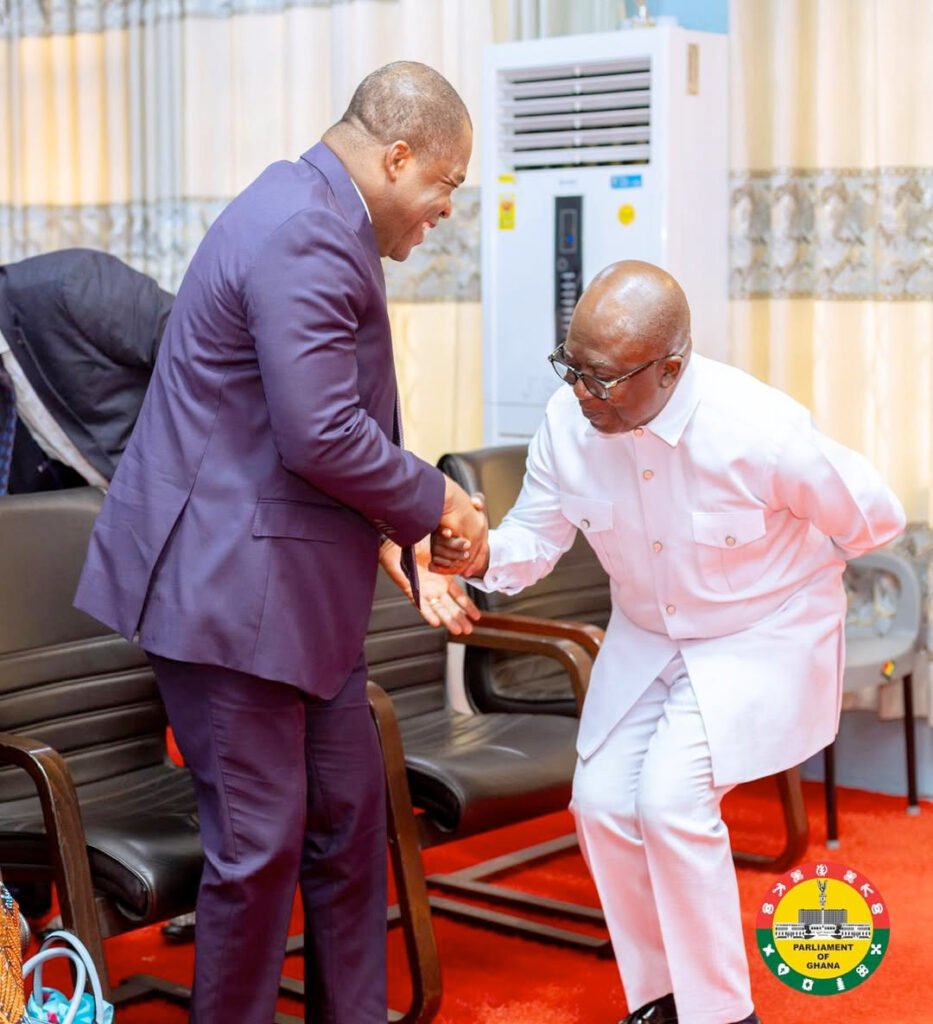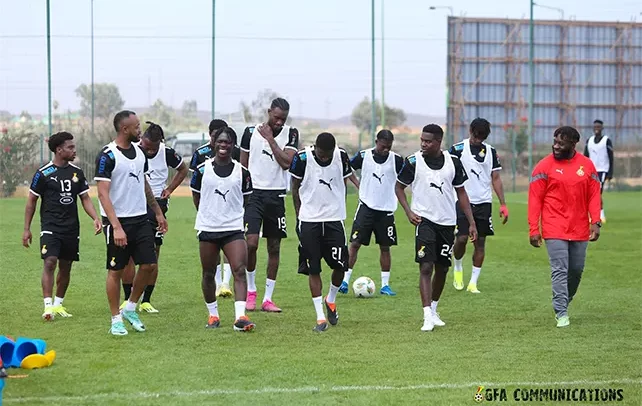
The South Sudan Council of Churches (SSCC) is calling for an immediate cessation of hostilities and a halt to atrocities being committed in the world’s youngest nation while calling on the international community to speak as one for a peaceful resolution to the conflict tearing their country apart.
“People who grew up as refugees have been forced to become refugees once again,” said the heads of the churches in South Sudan represented by an ecumenical body comprising churches in the country from all traditions, on 8 June after meeting in Entebbe, Uganda.
They noted that, “the refugees have a huge trust in the Church, that the Church will do something. As shepherds, we experience the suffering of our people, their pain is our pain, and it propels us to work towards peace. They cry to us to share their pain and suffering with the warring factions,” they said.
“The world needs to hear their heart-breaking stories: that they struggle to provide sufficient food for their families; that children who are desperate for education cannot access it; that health facilities are nadequate; that terrible crimes have been committed against women and children.”
The SSCC held their three-day Ecumenical Solidarity Pastoral Visit to some of their people who have taken refuge in Uganda “from the horrific violence in our own country, with further solidarity visits to come as we implement our Action Plan for Peace (APP)”.
“The ethnic conflict within the camps and tensions with surrounding communities as a result of pressures on resources rise every day that the needs of both refugees and host communities are not met,” said the SSCC, expressing gratitude to the humanitarian organizations doing so much for their people.
Noting the continuing shortfall the SSCC pleaded passionately “with the international community to enhance their efforts to address these needs and honour their pledges where applicable.”
They cited the words of Jeremiah (29:11) in the Bible, “For I know the plans I have for you, declares the Lord, plans to prosper you and not to harm you, plans to give you hope and a future.”
The church heads expressed their gratitude to the Ecumenical family who accompanied them including Uganda Joint Christian Council (UJCC), the Council of Anglican Provinces of Africa (CAPA), the Fellowship of Christian Churches in the Great Lakes and Horn of Africa (FECCLAHA), the All Africa Conference of Churches (AACC), and Lambeth Palace.
When South Sudan became independent on 9 July 2011, after decades of brutal war with Khartoum government forces in Sudan, the world was filled with optimism, since the churches had played a key role in helping broker the process.
But civil conflict began in 2013 and has since continually worsened.
In South Sudan there are an estimated 5.5 million people currently severely food insecure and at least 7.5 million people across the country – almost two thirds of the population – need humanitarian assistance.
As well as urging a halt to hostilities they SSCC called for the “needs of the people to be prioritized over personal and political interests. We must create an environment for good governance, where all leaders are held accountable to the people they represent,” they said.
Read Full Story
















Facebook
Twitter
Pinterest
Instagram
Google+
YouTube
LinkedIn
RSS